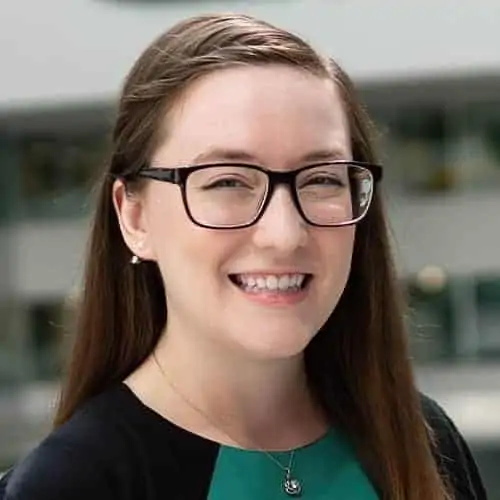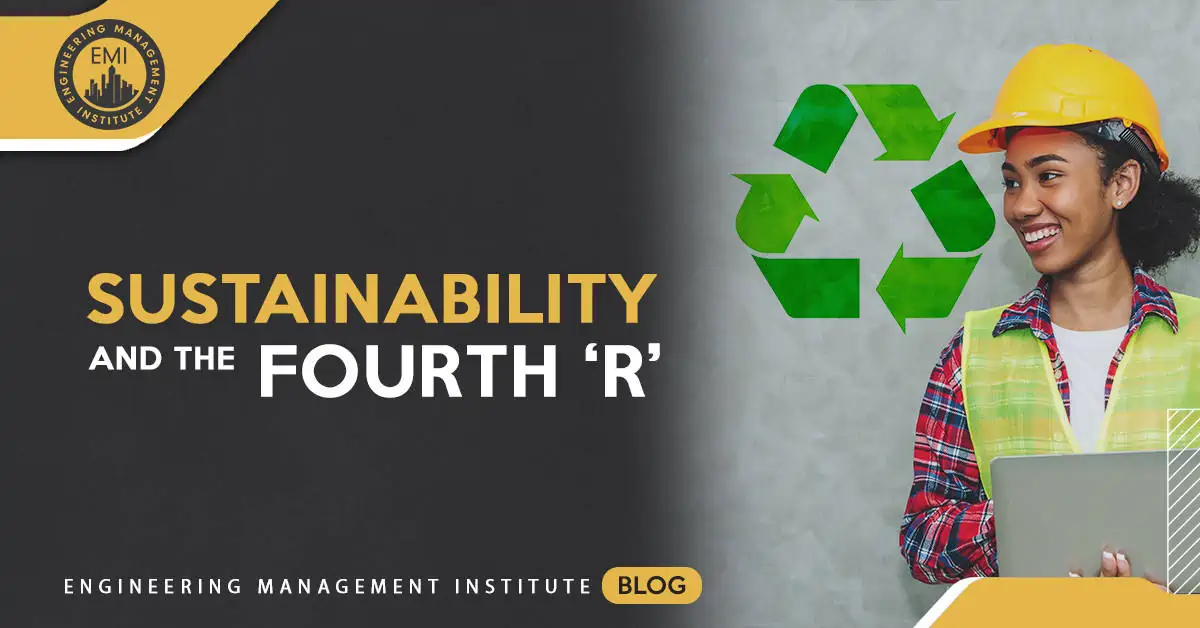I learned at a young age the three Rs that are commonly related to sustainability: Reduce, Reuse, Recycle. But I believe there is one more very important “R” that is missing, and that is Responsibility. Engineering is a caring profession, and specifically civil engineering stresses that we protect and advance the welfare of the public. As such, we have the responsibility to manage our personal consumption as well as the consumption of resources in the projects we work on.
Sustainable design, as defined by the U.S. General Services Administration, seeks to reduce negative impacts on the environment at each phase of the design process without compromising the bottom line. Pennoni has affirmed its commitment to sustainable design by considering the triple bottom line of economic, social, and environmental factors into all firm efforts. Our projects have a long history of supporting the needs of the communities we serve while keeping in mind the use of our finite resources.
Over the last few years, as part of our Strategic Growth initiatives as a firm, Pennoni introduced four Market Sector Leads, which includes one for Sustainability. This group meets monthly to discuss current projects, future projects, and other initiatives to educate and promote sustainability throughout the company. I joined this group in March 2020 and have greatly enjoyed the conversations and what I have learned from my colleagues at these meetings.
A team from our Philadelphia Transportation group recently went through a preliminary case study using INVEST, or the Infrastructure Voluntary Evaluation Sustainability Tool, for one of our projects. INVEST is a tool that the Federal Highway Administration created for voluntary use by transportation agencies to assess and enhance the sustainability of their projects and programs.
There are also many sustainability credentialing systems that can be used to further our knowledge. Late last year, I specifically earned the Envision Sustainability Professional (ENV SP) credential through the Institute for Sustainable Infrastructure. Through this credential, I became better educated in the field of sustainability and work to use the Envision framework for future projects.
I want to build a plan for a healthy and equitable future for current and future generations and have taken actions in my personal life to reduce my carbon footprint. I have lowered my consumption of single-use plastics and have become a conscious consumer by switching to metal straws and composting at home to keep biodegradables out of landfills.
By making one change at a time, whether it is at home or through projects, you are being responsible to reduce your environmental impacts and preserving the natural systems by protecting and growing strong communities.
References:
- Sustainable Design
- FHWA: INVEST (Infrastructure Voluntary Evaluation Sustainability Tool)
- Version 1.3
- Institute for Sustainable Infrastructure
About the Author:

She graduated from Drexel University in 2017 and received her B.S. and M.S. in Civil Engineering through their accelerated degree program. Beyond projects, Danielle chairs Pennoni’s Network Committee, where she leads 16 members from across the company to create and execute initiatives for employee engagement and development for its 1,200+ employees. She currently holds society leadership positions for both the American Society of Civil Engineering (ASCE) and Society of Women Engineers (SWE). For her work with these organizations and extensive STEM Outreach work, she was honored as one of ASCE’s New Faces of Civil Engineering in 2021.
I hope you enjoyed this week’s post by guest author Danielle Schroeder. If you’re interested in your firm possibly joining the Civil Engineering Collective, please contact us here or call us at 800-920-4007.
I hope you’ll join us.
Anthony Fasano, P.E.
Engineering Management Institute
Author of Engineer Your Own Success


